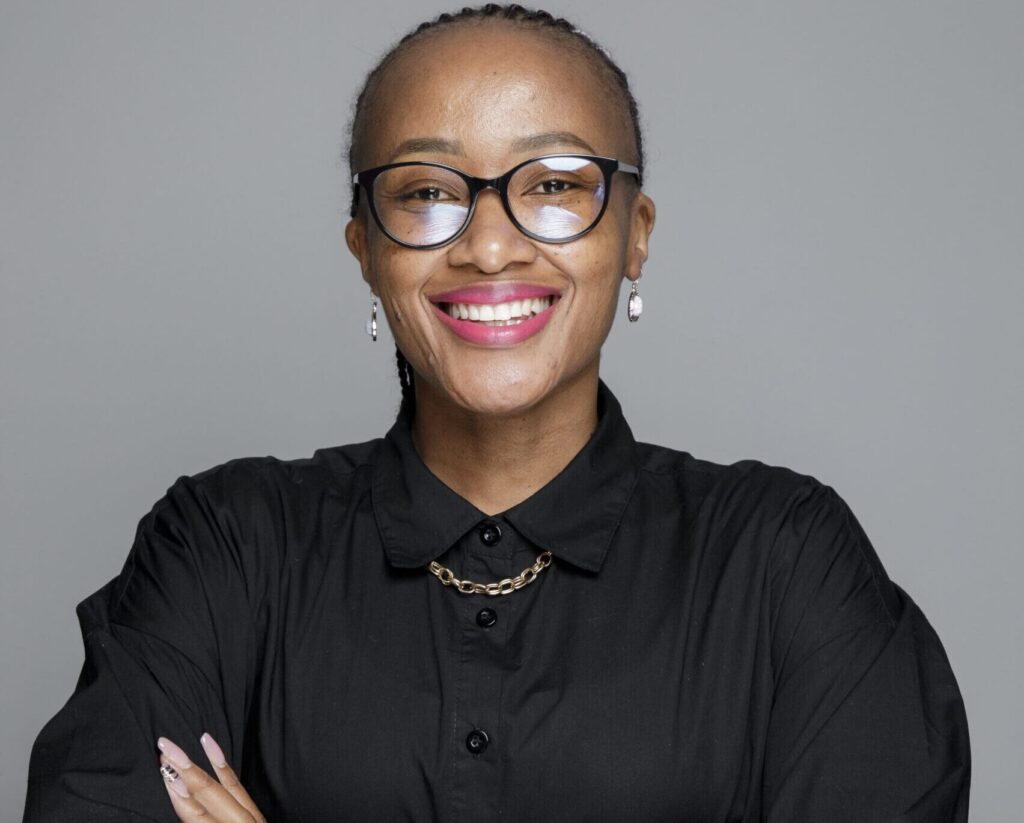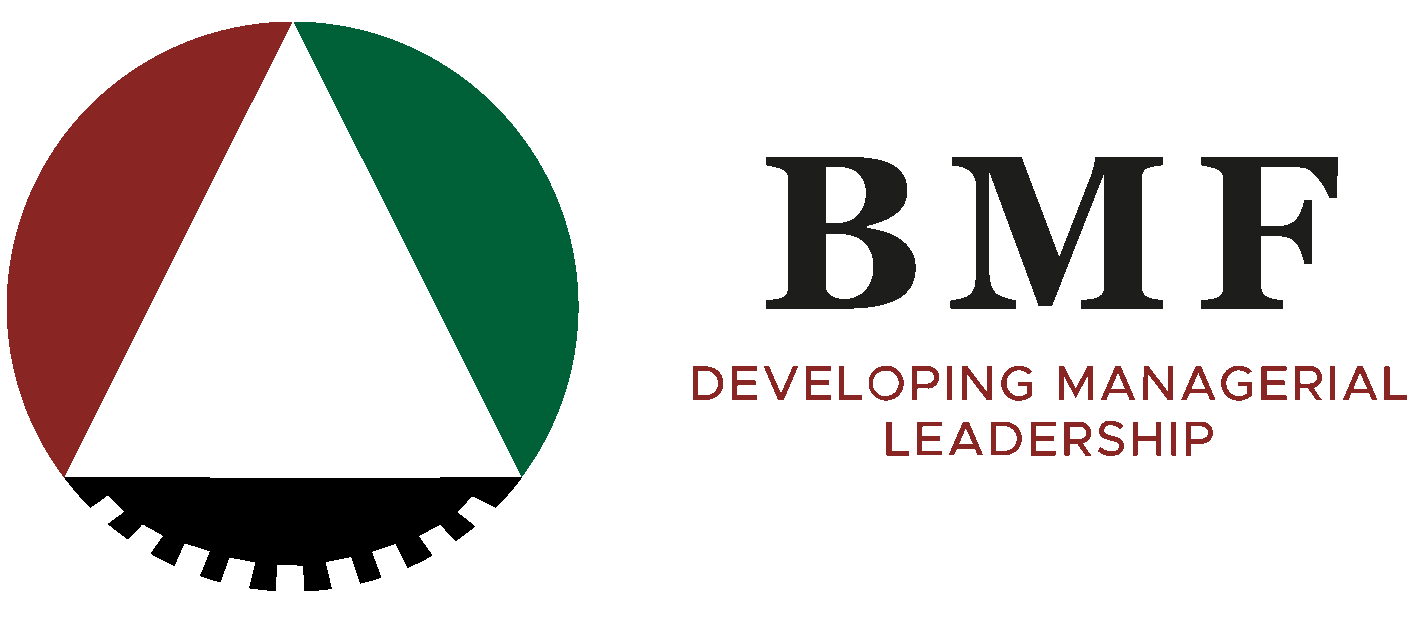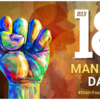As we celebrate Workers Day, we need to ask ourselves if the skills we possess are relevant to develop the country while securing our jobs in the future. Are we adapting to the ever-changing technological environment? Do we have the necessary equipment to effectively execute our tasks?
The job market we knew prior COVID-19 pandemic has drastically changed in that we were all forced to be technologically savvy and adapt to some level of virtual effectiveness. Today, most of the workforce is either working from home or going to the office periodically as companies move to smaller office spaces. If there is one thing that the pandemic has taught us, is that we are able to work anywhere in the world while reporting in a different country. This has created benefits of more time with loved ones, zero commuting, own personal space, increased flexibility, no dress code, and more money saved. While the downside of it being increased isolation, home distractions, risk of overworking, lack of motivation and network challenges.
The cultural significance Workers Day in South Africa holds, has come to signify not only the sacrifices made along the road towards fair employment standards but also to the bitter battle against Apartheid where trade and labour unions played a key role. At the time, South Africa’s working class were those most oppressed by Apartheid, the struggle for better working conditions and the struggle to overthrow systemic segregations became connected. The apartheid legacy of poor education and training for black South Africans resulted in a seriously dysfunctional skills development system. Today, we continue to fight for the rights of workers and other conditions of service in employment through the Employment Equity Act, promoting equal opportunities and fair treatment through the elimination of unfair discrimination.
With decades of unequal education, a transformed South Africa came with a workforce occupying positions that required skilled workers. The requirement to get an advanced education, possessing knowledge and skills to perform complicated tasks, and ability to adapt quickly to technological changes amongst other things. This forced employers to upskill their employees to keep up with the changing world while increasing efficiency. It thus makes the continuous development of skills paramount in ensuring that professionals remain equipped and abreast with the new development in their respective industries, also limiting them from the risk of being dormant or irrelevant due to ever changing economic landscape.
Accelerating economic growth by providing skills development in a changing global economy, deemed a relevant topic as the BMF Limpopo panel of discussion was centred around it. The discussion painted a gloomy picture of S. A’s economy and the skills needed to develop it. Currently, the country is in dire desperation for effective solutions. This is what the CEO of Energy and Water SETA, Ms Mpho Mookapele alluded as she mentioned how the energy sector was flooded with whites and discussing development of the country in fields black people know less of and therefore could not participate. She stated how qualifications meant skills is S. A, how we as black South African’s are qualified but lack the necessary skills to move the country forward. It is crucial for individuals to invest in their personal development and equally important for organizations to invest in human capital to be effective and efficient in their daily tasks, bringing the right solutions for the organizations and ultimately for our country. Thus, very key for black people to forge their way in the energy sector.
The celebration of Worker's day should not be only limited to the achievement or successes that unions and workers have achieved over the years, it is also a chance to commemorate the contributions workers make towards the growth of the nation and should be used to reflect on the gaps and shortfalls in their attempt to uplift the lives of workers.








